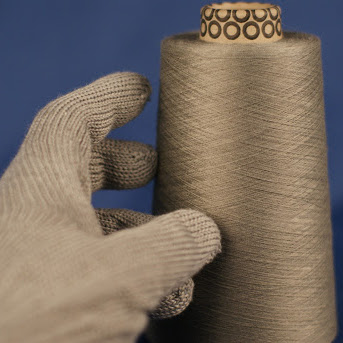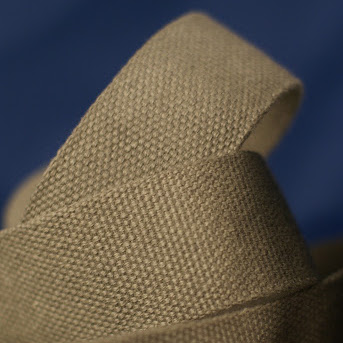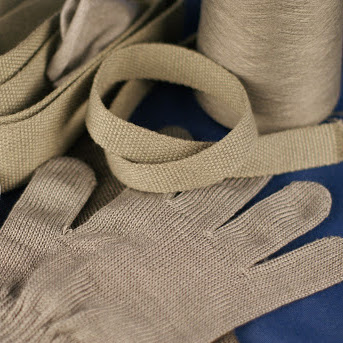Do you have any questions ?
+ 33 (0)3 20 23 40 44
contact@imattec.com
Do you have any questions ?
+ 33 (0)3 20 23 40 44
contact@imattec.com
Index :
The qualities of stainless steel are well known and appreciated. Amagnetic, austenitic, it offers among other things, by the presence of a high chromium content, an excellent corrosion resistance (better than stainless steel 304). This chromium, present in the alloy, participates in the creation of a self-regenerating passive surface layer, which protects the fibre from corrosion. Molybdenum (Mo) in higher proportions in the alloy than in 304 stainless steel, brings better mechanical performance to 316L stainless steel including in hot and cryogenic conditions. This steel is commonly used in food processing, construction and medical environments thanks to its remarkable chemical stability. The 316L stainless steel fibre is commonly used by IMATTEC for these various applications based on metallic textiles. IMATTEC also uses a wide range of other alloys and metals (copper, nickel, silver, aluminium, stainless steel 304, inconel, hastelloy, fecralloy, titanium...).
Textiles made of stainless steel combine the characteristics of the material (thermal resistance at 800°C, density, weldability, electrical conduction, metallic appearance, shape memory, heating by joule effect...) with the very particular structure of the textile ( softness, elasticity, comfort, functionalisation, flex fatigue resistance, shape mobility...). Stainless steel is transformed into fibres and integrated into the heart of a woven or knitted fabric according to a particular know-how in order to make it functional.
Made of fibres, 316L stainless steel becomes soft, extremely flexible, resistant to fatigue and bending, while at the same time achieving special characteristics of thermal resistance (-200°C / +800°C) and electrical conductivity, as well as the special aspect and high density specific to 316L alloy.
Stainless steel fibres can be endlessly combined with other fibrous materials to bring lightness, comfort, reinforcement, appearance or elasticity... to the fabric.
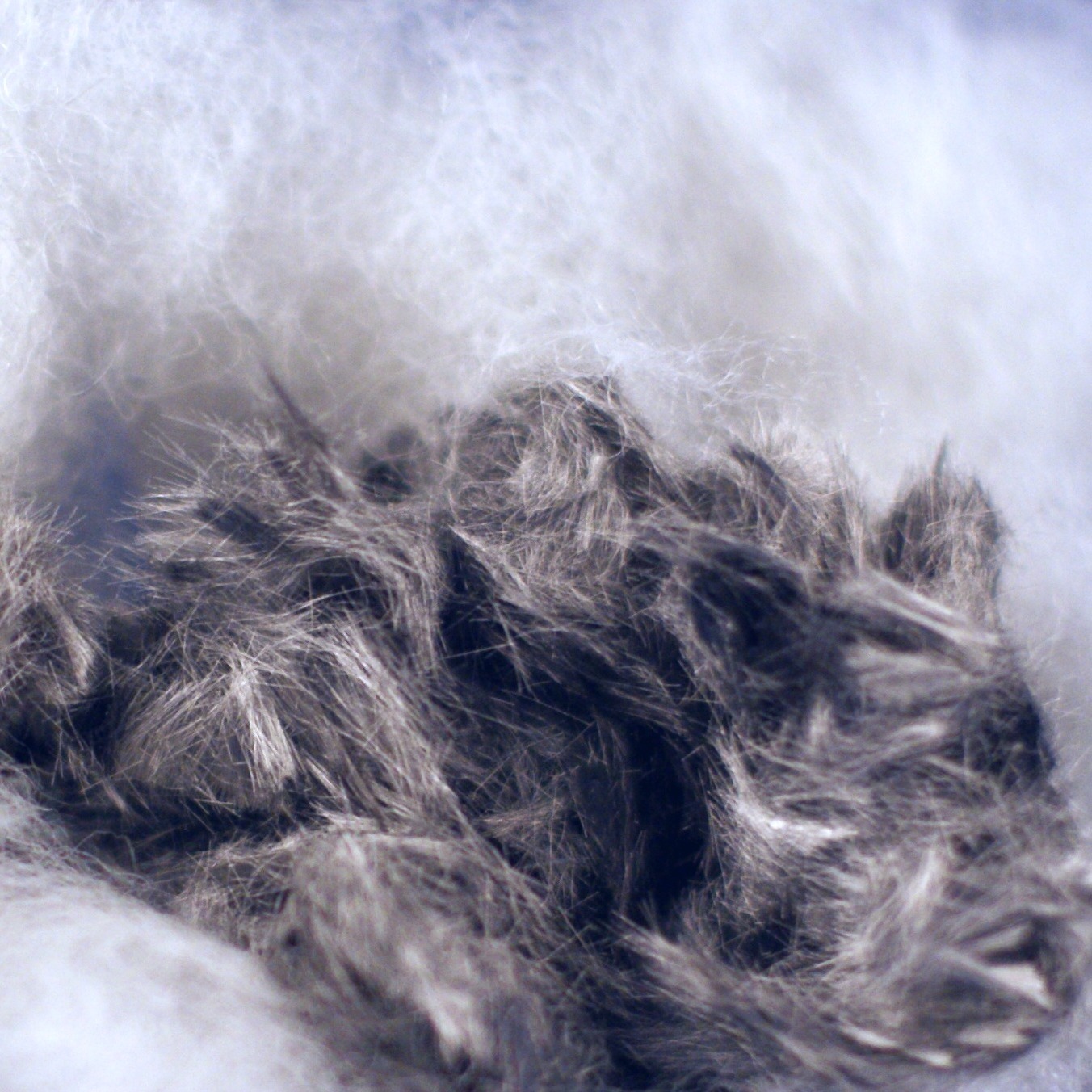
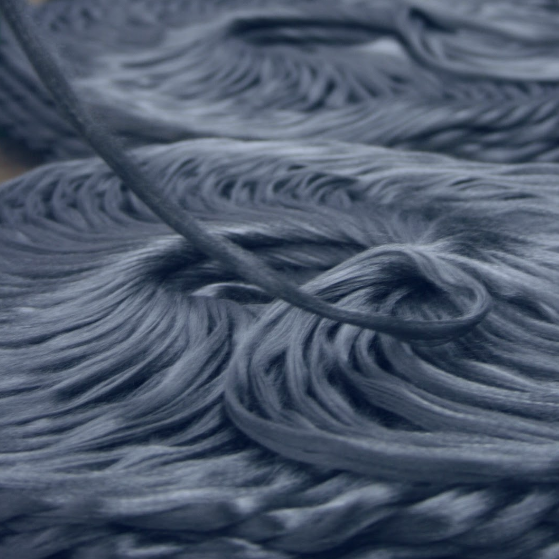
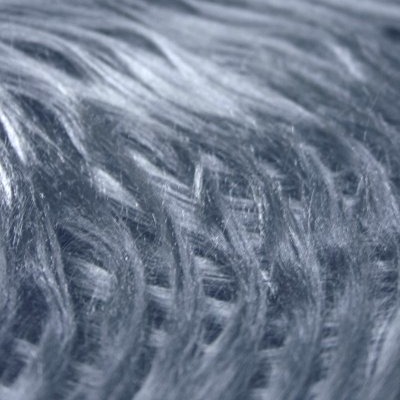
| Chemical element | Symbol | CAS N° | CE N° | % by weight |
|---|---|---|---|---|
| Carbon | C | 7440-44-0 | 231-153-3 | ≤0.045 |
| Silicium | Si | 7440-21-3 | 231-130-8 | ≤1 |
| Manganese | Mn | 7439-96-5 | 231-105-1 | ≤2 |
| Nickel | Ni | 7440-02-0 | 231-111-4 | 10â¾14 |
| Chromium | Cr | 7440-47-3 | 231-157-5 | 16â¾18 |
| Molybdenum | Mo | 7439-98-7 | 231-107-2 | 2â¾3 |
| Sulfur | S | 7704-34-9 | 231-722-6 | ≤0.03 |
| Phosphorus | P | 7723-14-0 | 231-768-7 | ≤0.045 |
| Iron | Fe | 7439-89-6 | 231-096-4 | Rest |
We mainly use 316L stainless steel in pure or blended with other technical fibres in high temperature (glassware, filtration, etc.) and conductive (smart textiles, filtration, personal protective equipment, etc.) applications. Depending on the application, other grades of stainless steel (304, 304L...), including "super stainless steel" or "super alloys" (inconel, hastelloy, fecralloy, titanium, nickel...) can be used.
In the glass industry, products based on pure stainless steel fibre or mixed with other technical fibres such as PBO Zylon® or aramid (Kevlar®, Twaron®...), are used for conveying and shaping/bending glass plates, or "flat glass" such as car, train or plane windscreens, boat windows, yacht windows or simple windows for example. In this case, the use of knitted, woven or non-woven panels or tubulars is common. For this particular application of glass, also known as "optical glass", the quality requirements of the delivered products are extreme, especially when our customers are active in the luxury car industry for example.
For "hollow glass" such as bottles and flasks, the stainless steel fibres are used to make transfer guides, transfer fingers, push bars, stackers, pushers, quench tapes, conveyor belts, mats, braided gripper linings... which guide and convey the incandescent glass article along its path from the mould to the annealing arch. It is easy to understand the impact of a defect or impurity in the heart of a braid or refractory lining when thousands of malleable bottles come into contact with these guiding systems. A defect is a risk of marking or glazing that will impact, for example, whole pallets of bottles if one does not take care of the quality of the contact products placed on the production lines. This is why we only use virgin fibres and manufacturing lines 100% dedicated to metal fibres to limit any risk of pollution in our products. We have been working hand in hand for nearly 20 years with glass manufacturers, some of which, particularly for luxury bottles, have the highest requirements in terms of both the quality and lifetime. Using a braid, a fabric or a tubular knit, a felt... incorporating IMATTEC stainless steel fibre yarns is the assurance of having both at the same time.
Other examples of high-temperature applications: furnace seals, various gaskets, burners, infrared heaters and radiators, engines, metallurgy, foundry, ...
IMATTEC's strength, thanks to its integration and expertise, in possible collaboration with your teams, is to offer you the best material(s), the best fibre, yarn and fabric structure to meet your needs, all with the best service.
Thanks to its electrical conductivity properties, we also use stainless steel (and other metalsif required) for power or data transmission in textiles, to make sensor wires, or even heating fabrics, flexible RFID chip antennas..., as well as for the production of antistatic fabrics (risk of electric arc or explosion, handling of sensitive electronic parts,...) and electromagnetic shielding (data protection, electro-sensitive people, defence, faraday cage...). Stainless steel is resistant to corrosion which, once integrated into the fabric, is excellent in terms of maintenance and washing performance.
For these applications it is also possible to use metals other than stainless steel, such as silver, copper, aluminium, etc., combined or not with other fibrous materials (aramids, Vectran®, polyester, PBO Zylon®, polypropylene, etc.) in order to modify the mechanical behaviour, lightness, comfort or appearance...
It is possible to obtain yarns with an electrical resistance from less than 1 ohm/m to several Mohm/m. This depends of course on the conductive material used and the cross-sections of the yarns produced.
For composites, stainless steel can also be used as a filler in a polymer or in the textile matrix using fibres, yarns or fabrics.
Other examples of applications for conductive textiles: antistatic filters, heating textiles, sensors (pressure, humidity, voltage, etc.), composites (wind turbine blades, automobile parts, etc.), construction (sensors, dissipation of electrostatic charges, etc.), personal protective equipment (protection against electrical risks, conductive suits, charge dissipation, etc.), fireproof individual protection for high-voltage application made of meta-aramid and stainless steel (gloves, sock fabric, etc.).
Please note that depending on the metallic material, some yarns structures, fibres fineness, type of filaments (monofilament, multifilament) will not be available.



Our complete and flexible spinning equipment (continuous ring spinning, unconventional spinning, covering, twisting, cabling, multiple assemblies...) allows the production of a multitude of different yarn structures (covered, cabled, twisted, composites, intimate blends...).
Our yarns are taylor-made and produced from quality virgin fibres that have been tried and tested for many years.
We are able to adapt our settings according to your needs: cross-section, twist, pilosity, density... for your applications in weaving, knitting, sewing, braiding, embroidery...
The IMATTEC spinning mill supplies stainless steel fibre spun yarns commonly made with fibre diameters of 8 microns (µm - 0.008mm), 12 microns and 22 microns. It is possible to supply other finenesses, grades of stainless steel alloys or structures if required for your project.
For other metals, ask us, the possibilities are wide and varied (filaments, insulated or not, alloys, with conductive metal deposit, round, flat, covered, coated, sheathed, single or multiple strands, reinforced, etc.).
Woven and knitted fabrics or non-woven felts, socks, gloves,... incorporate our yarns and fibres and are made in-house in Tourcoing (France), or by our network of partners.
For this kind of service, we study each request on a case-by-case basis and offer tailor-made solutions.
Gloves, socks, sleeves, hats, bands (woven, knitted, braided), sheaths, ribbons, cords, braids, bonnets, potholders, rolls...
Ask us! We can develop the textile solution according to the technical requirements of your application.
A treatment and dyeing system on yarn bobbins that allows for dyeing when possible, but also washing, depositing, functionalizing ...
